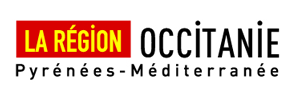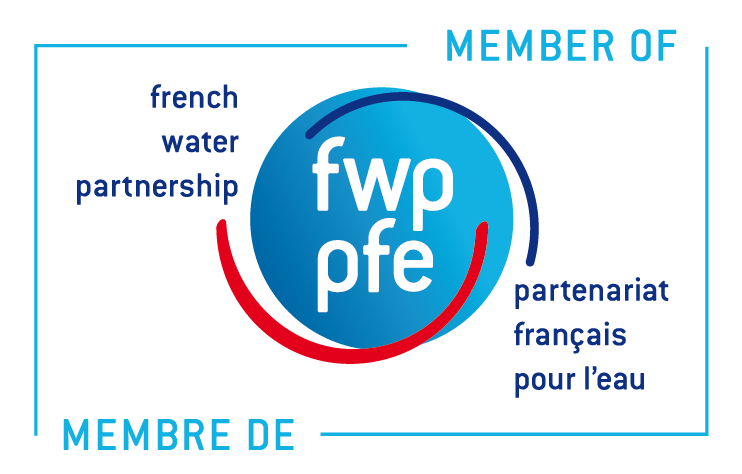
In abstract book is available below where you will find the session list and abstracts of presentations.
NB : Are provided only the slides/posters from the authors who accepted to provide and/or effectivelly provided their files. If you are interested by the other files, please contact directely the authors which email adress is available in the abstract book and on each presentation description : click on 
43rd IAH International Congress “Groundwater and society : 60 years of IAH”
On behalf of the French and German hydrogeologist communities, the French and the German National Chapters of the IAH were proud to host the 43rd IAH International Congress, and at the same time celebrate the existence of 60 years of IAH, in Montpellier, France, from 25th to 29th September 2016.
Already at the occasion of its 40th anniversary, John Day, the former vice-president of IAH, stated: “From small beginnings, and by its members’ persistent exertions, the Association has achieved a truly international stature and a professional reputation second to none, motivated only by its members’ desires to get to know each other and to share professional expertise despite the various political and economic barriers of the times.”
This statement is still true and our 60th anniversary again offered ample opportunities to reflect, take stock and to assess the current state of hydrogeology within societies worldwide. Increasing challenges and contributions of hydrogeologists to society was a central topic at the conference in Montpellier. We welcomed active participations of hydrogeologists and experts of related fields from all over the world.
 Michel Bakalowicz President of the French IAH Chapter
Michel Bakalowicz President of the French IAH Chapter
 Johannes A.C. Barth President of the German IAH Chapter
Johannes A.C. Barth President of the German IAH Chapter
Patronages








Sponsors








Scientific partnership







{fabrik view=list id=2}


